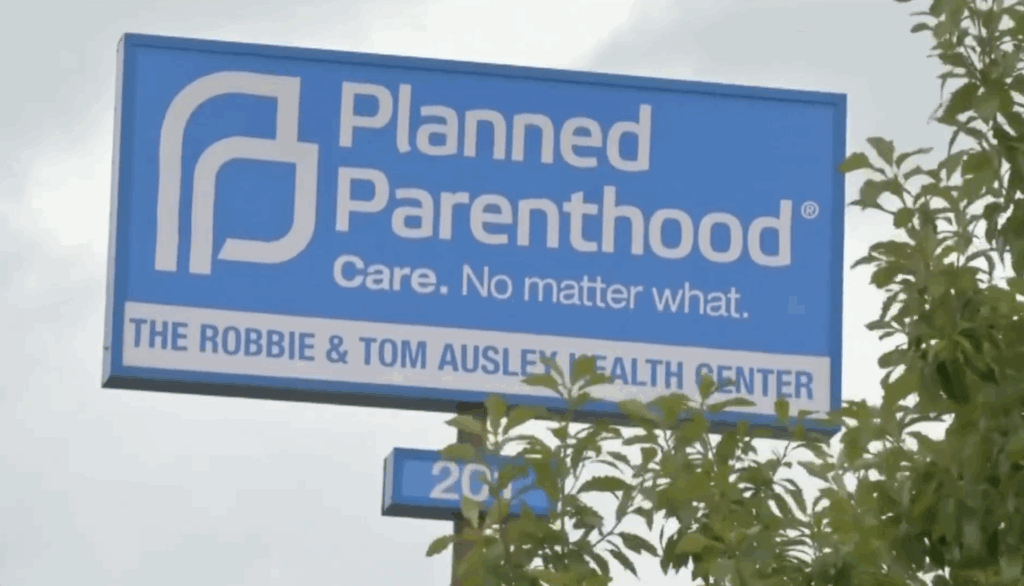In a recent opinion piece in The Hill, Jacob Lane criticized the Sanctuary Cities for the Unborn ordinance adopted by Danville, Illinois, in May 2023. The ordinance, co-written by attorney Jonathan F. Mitchell, does not explicitly ban abortion but requires compliance with the Comstock Act, which prohibits the mailing or receiving of abortion-inducing drugs.
Explainer State, Federal Law Enforcers Must Tackle Abortion Drug Cartel
Lane argues that the ordinance is ineffective, citing a December 2022 opinion from the Biden administration’s Office of Legal Counsel that claims the Comstock Act does not apply to states where abortion remains legal. He contends that Danville’s ordinance is 'dead on arrival,' opposing the views of numerous pro-life organizations and 20 state attorneys general who have criticized this interpretation.
According to Lane, Illinois lawmakers have established abortion as a fundamental right, suggesting that local ordinances cannot alter this. However, proponents of the ordinance argue that federal law supersedes state law, as outlined in Article VI of the Constitution.
Eighty-three cities and 11 counties across seven states have enacted similar Sanctuary for the Unborn ordinances. These measures aim to protect unborn children and their mothers from abortion. Lane dismisses these local efforts as ineffective, claiming they conflict with state law and undermine serious pro-life advocacy.
The pro-life movement points to successes in cities like Waskom, Texas, which became the first city to outlaw abortion in 2019. This ordinance was designed to prevent an abortion facility from relocating to Waskom and led to further measures in Lubbock, Texas, where an ordinance successfully halted abortions at an active facility.
Following the overturning of Roe v. Wade in 2022, local ordinances have played a significant role in shaping abortion policy. For instance, after Hobbs, New Mexico, introduced its ordinance, an abortion provider abandoned plans to open a facility in the area. In October 2023, Lubbock County passed an ordinance prohibiting abortion trafficking, leading to a significant drop in appointments at nearby clinics.
Lane argues that both Danville and the national pro-life movement deserve better, but he overlooks the impact of local measures in the broader fight against abortion. Pro-life legislation aims not merely to change public opinion but to protect unborn children from the abortion industry.
Danville city leaders have expressed unwavering support for their ordinance, which has not faced any litigation since its passage. Should legal challenges arise, Mitchell has offered to represent the city at no cost to taxpayers.
Mark Lee Dickson, director of Right to Life Across Texas and founder of the Sanctuary Cities for the Unborn Initiative, emphasizes that these ordinances are not mere political gestures but tangible efforts to safeguard the lives of the unborn and their mothers.
Why it matters
- Jacob Lane criticizes Danville's Sanctuary Cities for the Unborn ordinance, claiming it conflicts with state law and is ineffective against abortion.
- The ordinance requires compliance with the Comstock Act, but Lane argues it doesn't apply in states where abortion is legal, undermining its intent.
- Proponents assert that federal law supersedes state law, highlighting a constitutional debate over local ordinances aimed at restricting abortion.
What’s next
- Danville city leaders remain committed to the ordinance, with no litigation faced since its passage.
- Legal challenges could arise, with attorney Jonathan F. Mitchell offering pro bono representation for the city.
- Pro-life advocates may push for similar ordinances in other jurisdictions, following the examples set by cities like Waskom and Lubbock.
